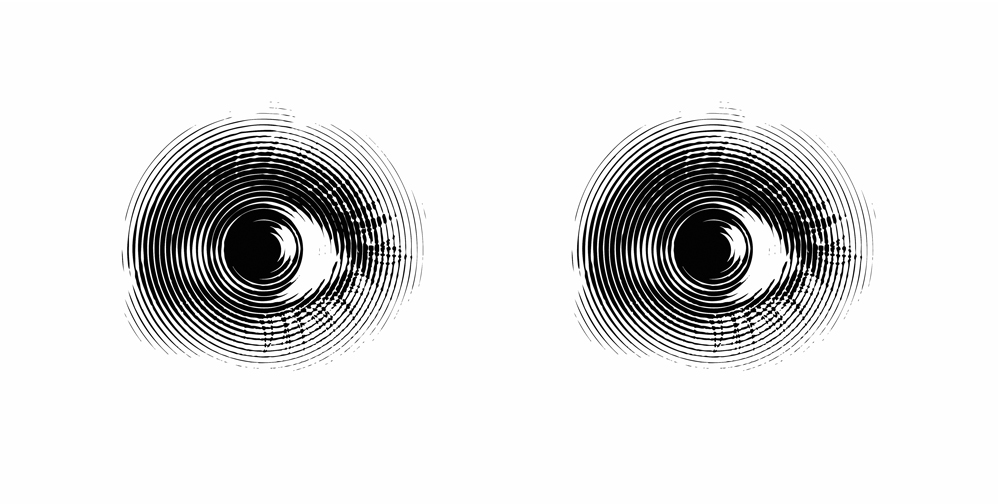For tens of thousands of Kiwis with anxiety disorders – from obsession and compulsion to phobias – the primeval fight-or-flight instincts that helped our ancestors survive are misfiring in an almost perpetual state of false alarm. For them, the sabre-tooth is not in the bushes, but around every corner. It’s frightening, it’s uncomfortable, and it’s tiring.
However, there’s an upside to anxiety, says cognitive behavioural therapist Jock Matthews, clinical director of Auckland’s specialist anxiety and depression clinic, Rojolie, where a third to a half of his patients have an anxiety disorder and low mood. “People with anxiety are generally nicer people.” The vast majority, he says, are “lovely, warm, intelligent people”.
And as employees, says Harvard psychologist Jerome Kagan – who’s spent 60 years studying the anxious temperament – worriers are tops. He hires only the anxious as his research assistants, explaining to the New York Times, “They’re compulsive, they don’t make errors, they’re careful when they’re coding data and are generally conscientious and almost obsessively well-prepared.”

Could having anxiety make you a better person?
Matthews says anxiety is also associated with high integrity and regard for our fellows, although some don’t always show their thoughtfulness “because that would involve being assertive, which many of them aren’t. They’re well-read and they’re often deep thinkers.”
And, frequently, they’re just a bit obsessive. As Californian psychiatrist Allan Mallinger noted in his 1992 book Too Perfect, they’re “solid, good people of the world: honest, reliable, hardworking, responsible, exacting, self-controlled”. But it’s the very traits that bring them success that can cause serious problems when – as the book’s subtitle puts it – being in control gets out of control.
Any number of triggers can tip the balance, says Jock Matthews. Sometimes, people chronically exposed to high stress and demand can simply wear out or burn out. Or a change in circumstances alters someone’s perceptions of their ability to manage. For the “slight obsessive” who likes to be in control of their finances, for example, the GFC or an illness can turn niggling worry into pathological anxiety.
With about 15 per cent of New Zealanders estimated to have active anxiety disorders – putting us third in the world behind the United States and Ukraine on 2011 figures (Ukraine could well have surged ahead of us by now) – anxiety is our most common mental health problem. More than 330,000 prescriptions for anti-anxiety drugs alone are dispensed annually – up 20 per cent in a decade.

North & South’s The New Science of Mood, Food + Wellbeing, is on sale now
In an informal survey North & South magazine conducted among nearly 1800 readers, 30 per cent said they’d had an anxiety disorder diagnosed at some time in their lives; more than half in the past five years. The psychiatric diagnostic bible DSM-V lists six types of anxiety disorder – social anxiety, post-traumatic stress, phobias, panic, obsessive-compulsive disorder and generalised anxiety, typically lasting six months or more.
But for those who can manage and control it – as most do without the need for professional help – anxiety has plenty to recommend it. “If you experience anxiety generally, then you’ll be more applied, you’ll be structured and organised,” says Matthews.
And, often, a top performer. Witness the celebrities who have opened up about their anxiety disorders – the late David Bowie, Johnny Depp, Eric Clapton, Nicole Kidman, Alanis Morissette and Rebecca Gibney among others have all said they suffer panic attacks.
Find out how best to manage anxiety – and hardwire your brain for contentment, calm and confidence in North & South Investigates’ special issue The New Science of Mood, Food + Wellbeing, on sale now. North & South’s writers also investigate the latest cancer treatments, ask nutrition experts to identify the world’s best diets, scrutinise the vitamin industry – and more!


